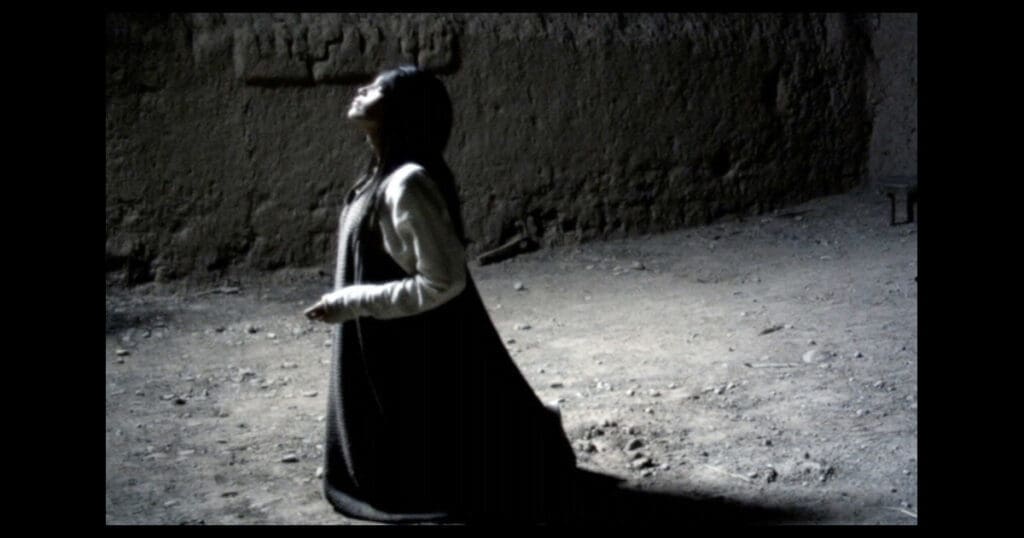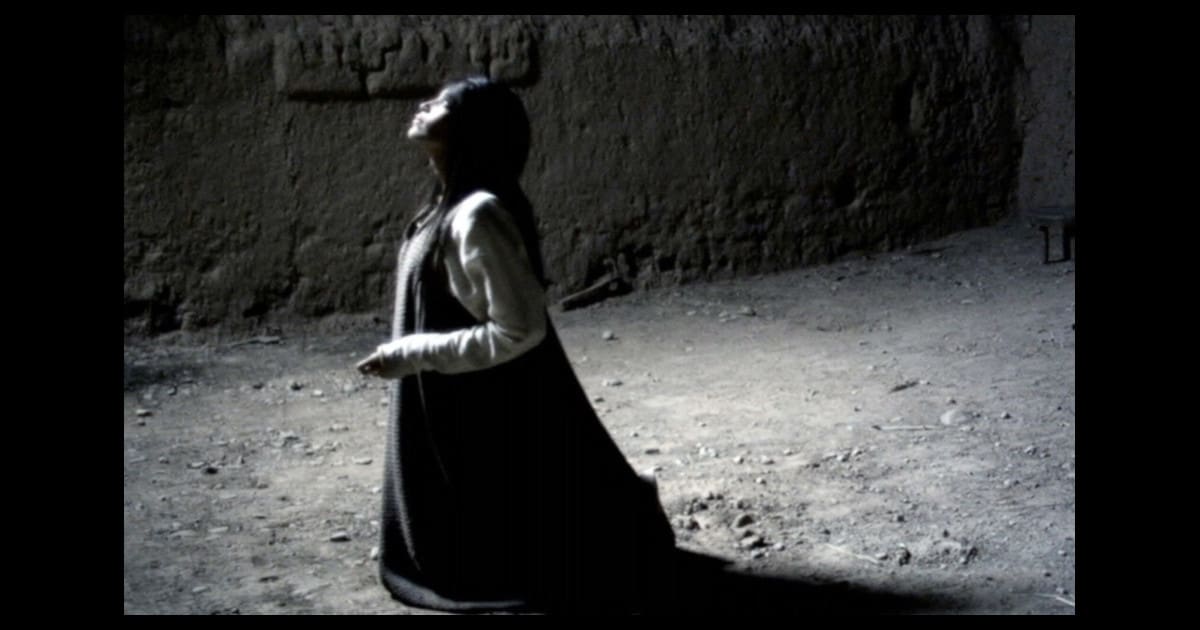Mary’s Magnificat and God’s Dangerous Dream
This title of Mary Mother of the Church takes us beyond the magnificent privilege of her being chosen as the mother of Jesus.
For the last two weeks I have used what I know of mothers today to understand Mary as Mother of the Church.
Mary teaches us as individuals, and as Church, how to make sense of our lives- Keep in our hearts all things, the good and the bad, Mary teaches us to ponder them in the light of God’s plan.
Mary models for us how to be present to our brothers and sisters. Today, the Body of Christ faces both joyful and painful experiences. We must be present to each other.
Now for the third and final reflection on Mary – Mother of the Church. Mary teaches us to go beyond our self-centered dreams to God’s dream for us as sisters and brothers.

The Magnificat as the Dangerous Dream for all
Most people are not aware of what a dangerous dream the Magnificat embodies. Though Mary is a poor, lowly, and culturally insignificant woman, God is doing great things with her.
What we miss is that God does not only do great things for her. God dreams of great things for all who are marginalized and forgotten, the poor. God will bring down the mighty from their thrones; exalt the lowly; fill the hungry with good things and send the unrepentant rich away empty.
And all of this is happening in further fulfillment of the ancient promise of the Exodus from slavery. Her song embodies the nobodies of this world, on whom God is lavishing rescue.
It was a long time before I realized the Magnificat speaks of a dream of human community
Throughout history, people on the margins have instinctively identified with this powerful dream and prayed that God bring liberation to their suffering.
Misunderstanding or ignoring God’s song
It was about the same time that I learned that dictators and tyrants feared people signing this song.
Over the past century dictators in three different countries have banned the public recitation of Mary’s Magnificat. The governments of India, Argentina, and Guatemala considered the song’s message of societal upheaval dangerous to their “lording it over others.”
In our own country slaveholders censored whole sections of the bible, the “Slave Bible.” Slaves were not allowed to read or listen to anything about the liberation of Israel from slavery. Slaveholders did not want their slaves reading about a God who set his people free from slavery.
But as so often happens in history, when the oppressed rise up, they become oppressors. If not outright oppressors, people tend to exclude others from the circle of the chosen, whether by race, creed, or social status.
Jesus came to fulfill the promises by reminding us that we each are one of God’s children and called us to live as one family.
God’s song
Mary’s song sets the stage for Jesus teaching us about God’s dream for human community.
In the Our Father Jesus reminds us that we are all sisters and brothers. We are new creatures in Jesus Christ. St. Paul stressed, “The old has gone, the new is here!” (2 Corinthians 5:17; see also Galatians 6:15). To the Corinthians, Paul said, “For we are God’s masterpiece. He has created us anew in Christ Jesus, so we can do the good things he planned for us long ago” (Ephesians 2:10).
A new song has been heard from people of every generation, From days of old and for all eternity, followers from every tribe, language, people, and nation sing unto the Lord a new song (Revelation 5:9)
In his encyclical Fratelli Tutti, Pope Francis is calling us today to wake up to the gift and the challenge of being and becoming truly brothers and sisters no matter our differences.
Originally posted on Vincentian Mindwalk
Tags:







0 Comments